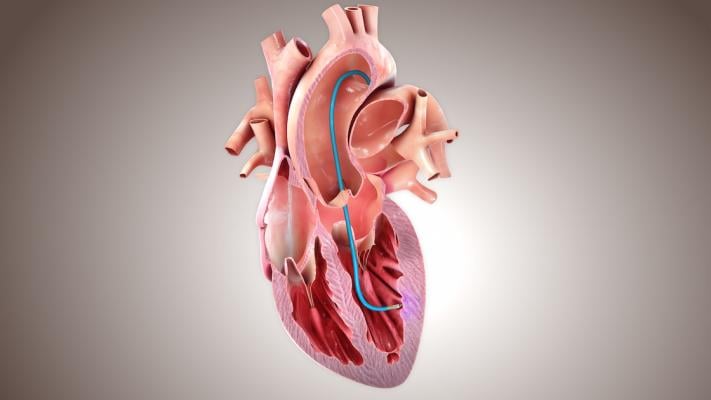
December 7, 2022 — BioCardia, Inc., a developer of cellular and cell-derived therapeutics for the treatment of cardiovascular and pulmonary diseases, today announced Food and Drug Administration (FDA) approval of its Investigational New Drug (IND) application to initiate a first-in-human Phase I/II clinical trial of its Neurokinin-1 receptor positive (NK1R+) allogeneic human mesenchymal stem cell (MSC) therapy for the treatment of patients with ischemic heart failure.
This trial is designed for patients with New York Heart Association Class II and III ischemic heart failure with reduced ejection fraction (ischemic HFrEF) whose own cell composition makes them ineligible for the Company’s Phase III CardiAMP Heart Failure Trial studying autologous cell therapy that has received FDA Breakthrough Device Designation.
“We intend to provide a complete cell therapy solution for ischemic heart failure patients that encompasses both autologous and ‘off the shelf’ allogeneic cell therapies. Our therapies are synergistic in serving the full patient spectrum, as only about two-thirds of patients are expected to be responders to our autologous therapy,” said Peter Altman, PhD, BioCardia’s President and Chief Executive Officer. “We expect to see efficiencies in the upcoming CardiALLO trial for several reasons: we can leverage screening activity from the currently enrolling CardiAMP trial to direct ineligible patients into the CardiALLO trial; our allogeneic cell therapy is already manufactured and ready for use; and it will be delivered with our proprietary delivery system demonstrated in literature to be the safest and most efficient delivery method available today.”
He added, “We are excited to study the role our allogeneic NK1R+ MSC therapy may play in helping hearts recover from injury as its mechanism of action involves Substance P. This binds to NK1R+ and has been shown to be an important factor in the development of inflammation, which plays a central role in both heart failure and regenerative processes following myocardial injury.”
For more information: https://www.biocardia.com/


 January 05, 2026
January 05, 2026 









